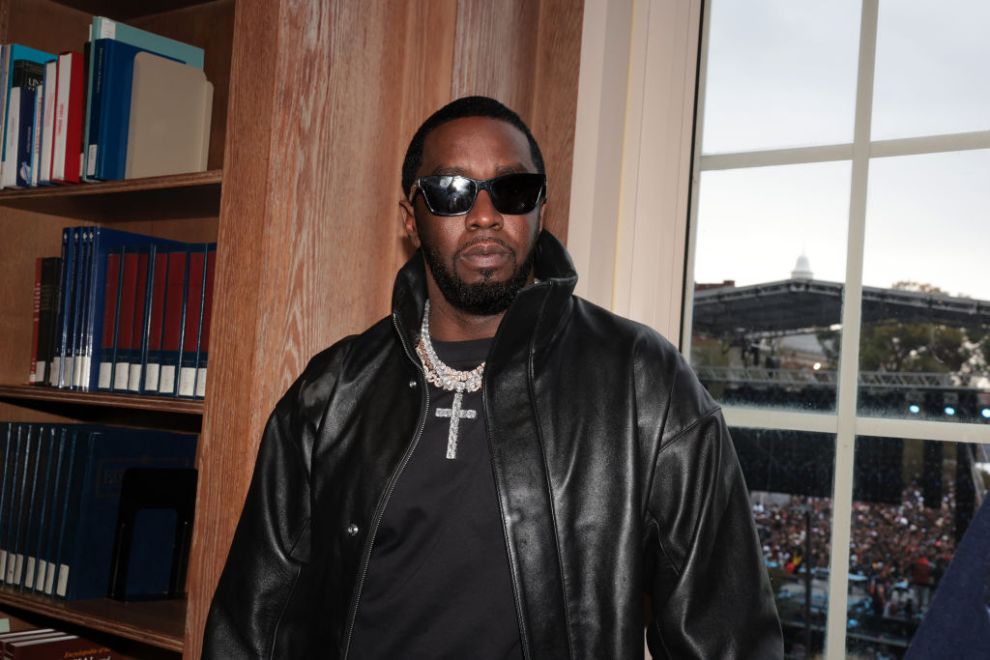Sean “Diddy” Combs’ legal team has filed an appeal to challenge the court’s decision to deny him bail. Diddy, 54, was arrested on September 16 on charges of racketeering conspiracy and sex trafficking. He is currently being held at the Metropolitan Detention Center in Brooklyn, New York. His lawyers, Anthony Ricco and Alexandra Shapiro, submitted the notice of appeal on September 30, requesting that Diddy be allowed to await his trial from home.
Diddy’s Defense Pushes for Bail
In their appeal, Diddy’s attorneys argued for his release under strict conditions, including weekly drug tests and limitations on visitors. They assured the court that only Diddy’s mother, the mothers of his children, and other select family members would be allowed at his home. The legal team has also offered $50 million in collateral as bond, GPS monitoring, and restrictions on travel.
“There is no risk of flight,” stated Diddy’s attorney Marc Agnifilo. “Mr. Combs has been cooperative throughout the investigation and voluntarily returned to New York in anticipation of these charges.”
Prosecutors, however, strongly disagree. They argue that the music mogul remains a flight risk and a potential threat to the community. According to court documents, they emphasized that Diddy could obstruct justice, particularly by influencing witnesses. “There is no condition, or combination of conditions, that will reasonably assure the safety of others and the community,” prosecutors said.
Denial of Bail
Diddy’s first attempt to secure bail was denied on September 18. His legal team has since revised their request, offering additional safeguards to ensure compliance. However, prosecutors remain adamant that his release would jeopardize the integrity of the proceedings.
Diddy has pleaded not guilty to all charges, and his next court hearing is scheduled for October 9, 2024. Agnifilo maintains his client’s innocence, stating, “These are the acts of an innocent man with nothing to hide, and he looks forward to clearing his name in court.”
The appeal process will now go before the United States Court of Appeals for the Second Circuit.

